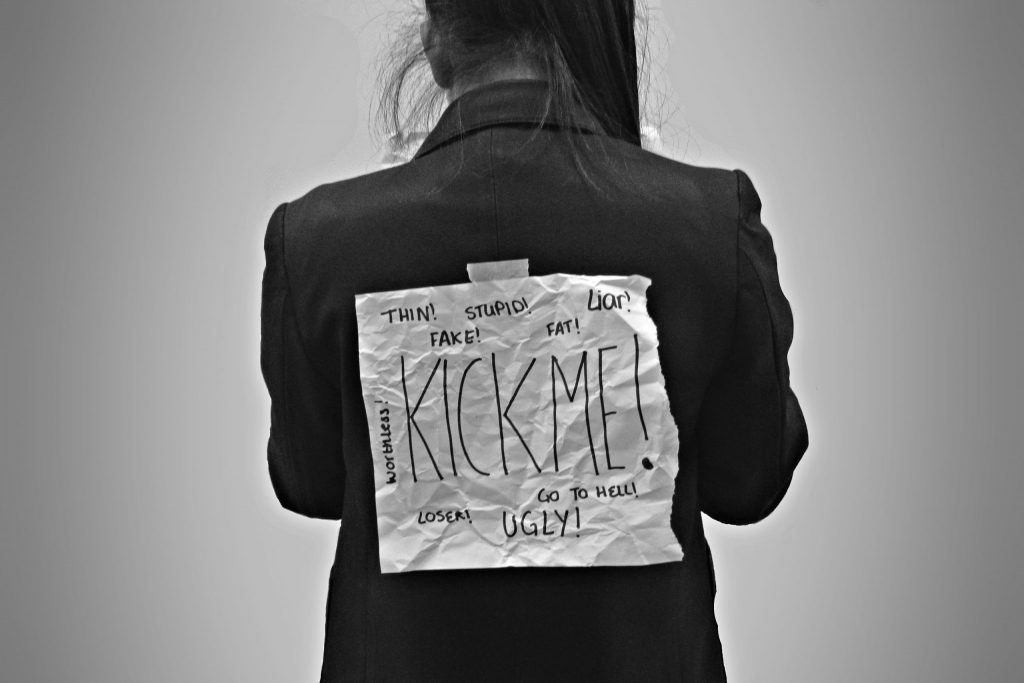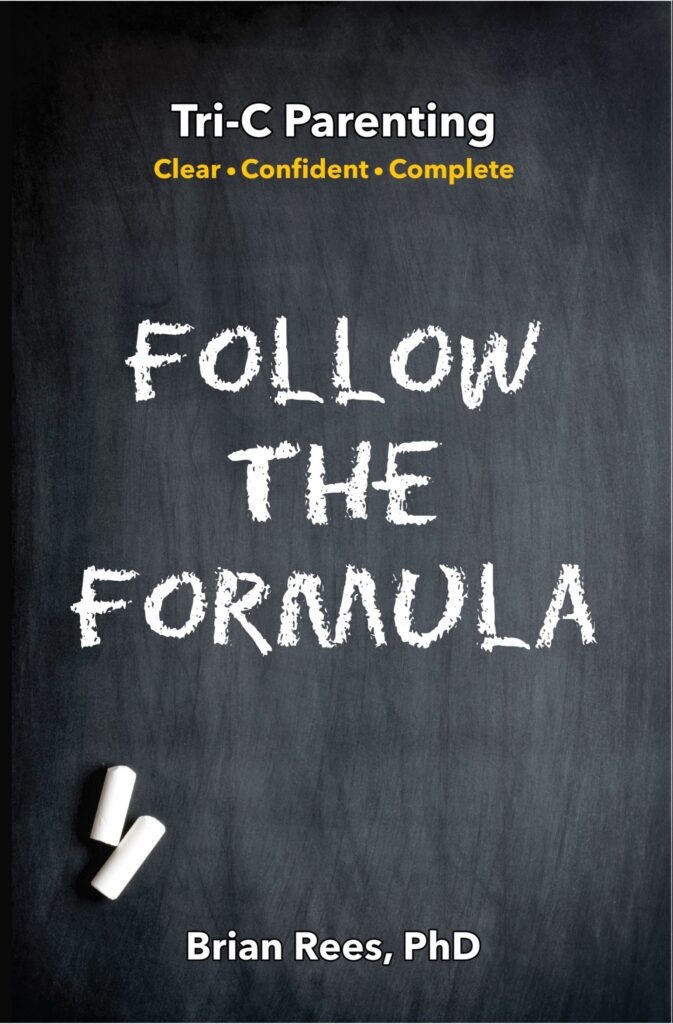Bullying?

There aren’t many things worse than being bullied. I chose to include this topic because being bullied can cause substantial damage to a child’s existence. Middle school is typically the place where social nightmares can come to life. Menacing kids can exploit any flaw or dissimilarity, making this phase of life for some youngsters extremely rough. Why is my kid being picked on? Why is my kid bullied? Or, why doesn’t my kid seem to have any friends? As a parent it can be heart-breaking to see your child struggle socially, and/or discover your kiddo has been bullied or a social outcast for months or years. Late elementary, middle, and high school settings unfortunately are designed to be a hotbed of social discomfort, and custom-made for bullies to reign.
In many cases, bullies pick on others in order to: feel better about themselves, create or maintain social alliances, or to get laughs and attention – all at someone else’s expense. Bullies like to mock, tease, spread rumors, humiliate, name call, utilize social media (mean girls’ favorite medium), and sometimes get physical. They’ll target any characteristic they can, including height, weight, acne, attire, ethnicity, etc., you name it, bullies recognize no parameters. Bullies create victims. So how can we prevent our child from becoming a victim? Or what do we do if we discover our child is being bullied?
– Massive love, support, and acceptance at home: The more loved, supported, empowered, and respected children feel at home, the more self-assured they will be. The more confident and humble your kids are, the less of a target they will be. Our kids can’t control what other people do and say, but can exercise self-control and choose how to personally feel about themselves. Bullies are in the business of trying to make others feel inadequate; therefore, the more intrinsically fortified in the self-worth department your youngsters are, the less severe of an impact bullies can have. Well-rounded and confident children realize that they are not defined by what bullies say or do, and by possessing strong self-confidence, do not present an easy target. –
Watch for changes in your child’s behavior: Subtle hints that something’s wrong can be hard to detect. The more positive and open the parent-child relationship is, the more likely a parent is to hear about what’s happening. However, kids can hide personal distress in their lives. Some children don’t like to burden parents, or don’t feel close enough to their parents to share personal information. Watch for clues like: sudden loss of interest in things, increased fatigue, decline in grades, gradual detachment, or changes in appetite and/or sleep. –
Report it: A slippery slope in life. Some kids don’t want to be labeled as a snitch – they’re afraid of the possible social repercussions. Help reassure your children the problem can be resolved. Consistently being bullied is so emotionally destructive, it has to stop. Kids leave suicide notes that blame being incessantly bullied on why they killed themselves. Thankfully, society now has placed a higher priority on bullying, where reporting it isn’t such a social faux pas.
– Not mainstream: If your kids are somewhat unique or alternative, please be attuned to the possibility of them being bullied, particularly in middle school. Help your children feel that being “different” is absolutely okay, just make sure they understand that if they *choose *to demonstrate an unconventional style to the world, it will most likely draw attention.
– “Birds of a feather”: We’ve discussed how important peer acceptance is. If your kids are having difficulties finding friends, try to steer them towards other like-minded individuals. Strength in numbers. Help your kids find their tribe and gain some peer approval. Being the target of bullies is awful – to suffer alone is unimaginably painful.
– Protect Thyself: Bullies try to target “easy prey.” At some point, most children have experienced some type of bullying encounter. However, kids who know how to “hang” tend to understand the proper verbiage, and possess the social skills to discourage bullies from continued abuse. What does it mean to stand up to a bully? If your kid can convince the bully that they aren’t afraid, or the personal insults don’t work, or when the bully realizes your child isn’t an easy target, the tormentor will feel compelled to move on. But if the bully does get physical, I believe every human has the right to defend oneself. I don’t encourage violence, so if it can be avoided, that’s the route to choose.

